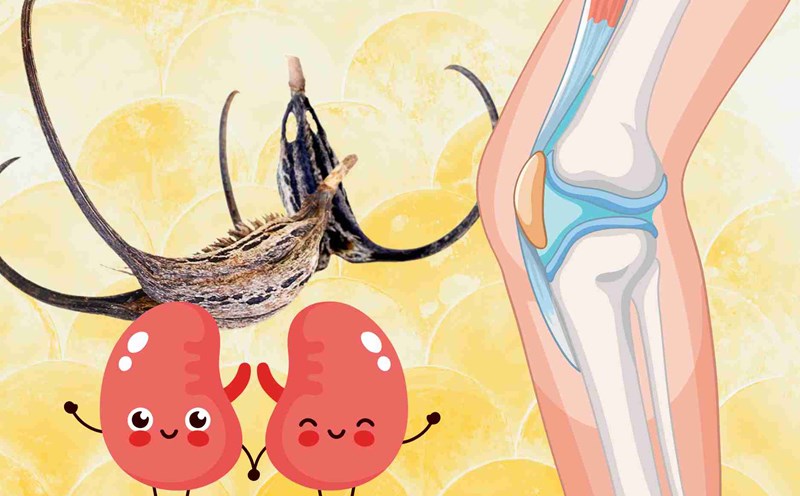A diet rich in calcium and vitamin D According to the International organization for Osteoporosis (IOF), adults need 1,0001,200 mg of calcium/day and about 8001,000 IU of vitamin D/day to prevent osteoporosis.
Calcium is the main component of bone structure, while vitamin D helps the body absorb calcium effectively.Lack of one of the two will reduce bone density and increase the risk of fractures.
Calcium-rich foods: milk, cheese, yogurt, sardines, salmon, kale, broccoli, tofu.
Source: Morning sunlight (10-15 minutes a day), eggs, fish liver, milk supplement vitamin D.
Mediterranean diet A study published in the American Journal of Clinical Nutrition showed that people who follow the Mediterranean diet have higher bone density and reduced the risk of hip fractures in older adults.
The Mediterranean-style diet (Mediterranean diet) is not only good for the heart but also helps reduce the risk of bone loss, thanks to: Fresh vegetables, fruits: providing antioxidants (vitamins C, A, K...) to protect bone cells.extra virgin olive oil: contains polyphenols that help fight inflammation and support bone formation.Fatty fish is a source of protein and omega-3 that support bone metabolism.
High-quality protein diet Dr. Sue Shapses, a nutritionist at Rutgers University (USA), said: "The elderly should consume about 1-1.2 grams of protein/kg of weight per day to maintain bone and muscle mass".
Protein is an ingredient for muscle and bone tissue structure.
Lack of protein reduces muscle strength, a factor that increases falls and fractures.Good sources of protein: eggs, milk, fish, white meat, soy, beans.
Balance the amount of protein: do not eat too much animal protein because it can increase calcium excretion through the kidneys.
Reduce salt, sugar, alcohol and caffeine Some eating habits increase calcium excretion or interfere with nutrient absorption, increasing the risk of osteoporosis.
Salt (sodium): causes increased calcium excretion through urine.
Refined sugar: reduces calcium, zinc and magnesium absorption.Alcohol and coffee: excessive use causes disorders in bone metabolism.Limit salt to less than 5g/day, coffee to no more than 2 cups/day, and minimize alcohol to help improve bone health.
4 scientific diets to help prevent osteoporosis
HƯƠNG SƠN (THEO HEALTHLINE) |
A diet rich in calcium and vitamin D is one of the ways to increase calcium, helping to strengthen bones.










